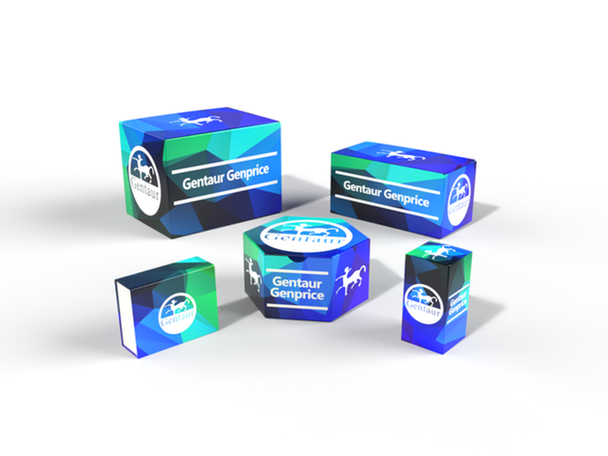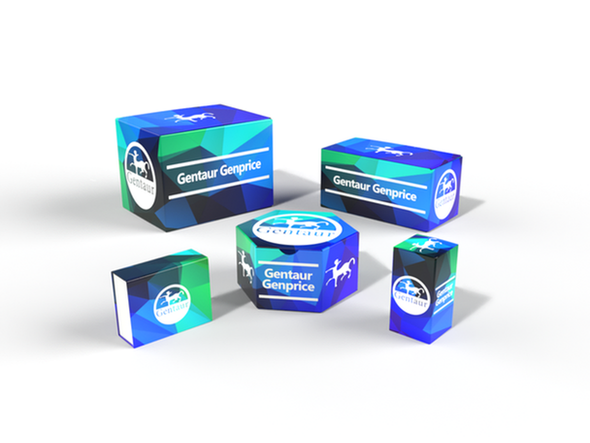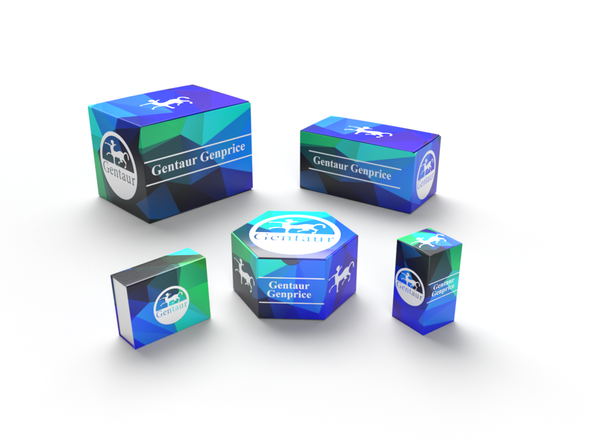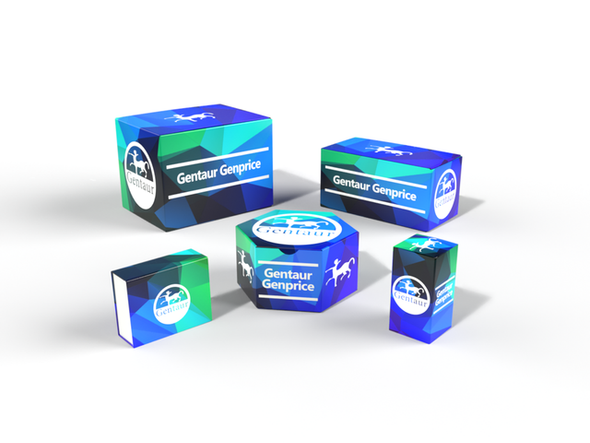Description
AMHR2 Antibody | 62-667 | Gentaur UK, US & Europe Distribution
Host: Rabbit
Reactivity: Human
Homology: Predicted species reactivity based on immunogen sequence: Mouse
Immunogen: This AMHR2 antibody is generated from rabbits immunized with a KLH conjugated synthetic peptide between 65-91 amino acids from the N-terminal region of human AMHR2.
Research Area: Signal Transduction
Tested Application: WB
Application: For WB starting dilution is: 1:1000
Specificiy: N/A
Positive Control 1: N/A
Positive Control 2: N/A
Positive Control 3: N/A
Positive Control 4: N/A
Positive Control 5: N/A
Positive Control 6: N/A
Molecular Weight: 63 kDa
Validation: N/A
Isoform: N/A
Purification: This antibody is prepared by Saturated Ammonium Sulfate (SAS) precipitation followed by dialysis
Clonality: Polyclonal
Clone: N/A
Isotype: Rabbit Ig
Conjugate: Unconjugated
Physical State: Liquid
Buffer: Supplied in PBS with 0.09% (W/V) sodium azide.
Concentration: batch dependent
Storage Condition: Store at 4˚C for three months and -20˚C, stable for up to one year. As with all antibodies care should be taken to avoid repeated freeze thaw cycles. Antibodies should not be exposed to prolonged high temperatures.
Alternate Name: Anti-Muellerian hormone type-2 receptor, Anti-Muellerian hormone type II receptor, AMH type II receptor, MIS type II receptor, MISRII, MRII, AMHR2, AMHR, MISR2
User Note: Optimal dilutions for each application to be determined by the researcher.
BACKGROUND: The AMH receptor (AMHR or AMHR2) is a serine/threonine kinase with a single transmembrane domain belonging to the family of type II receptors for TGF-beta-related proteins. Anti-Mullerian hormone (AMH) and its receptor are involved in the regression of Mullerian ducts in male fetuses. Male sex differentiation is mediated by 2 discrete hormones produced by the fetal testis. Testosterone, produced by Leydig cells, virilizes the external genitalia and promotes prostatic growth; anti-Mullerian hormone (AMH) results in regression of Mullerian ducts which would otherwise differentiate into the uterus and fallopian tubes.






